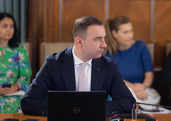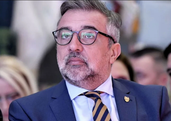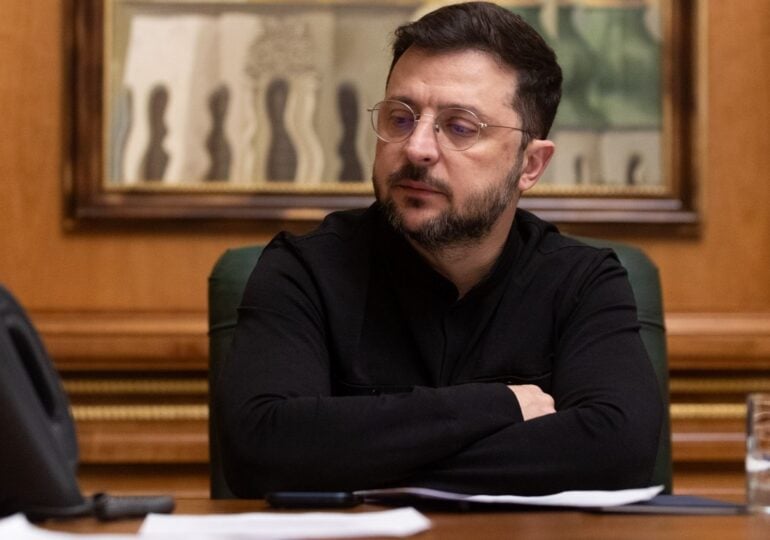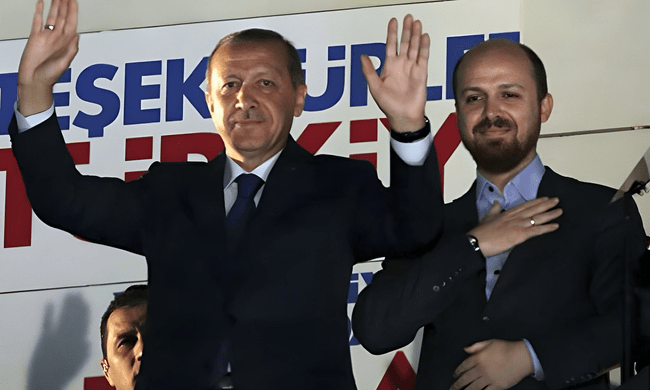Wages in Romania must not grow faster than productivity, pensions must not grow faster than wages, the economy must be fully integrated into European production chains and a surplus in energy and food products must be ensured, these are, in the opinion of Valentin Lazea, chief economist at the National Bank of Romania, some of the preconditions for ensuring the convergence criteria.
The chief economist of the National Bank of Romania mentioned these preconditions at the "Smart Development, European Competitiveness" summit and specified that this is his opinion and does not represent the official position of the Central Bank, agerpres reports.
"There are several preconditions for us to be able to resume convergence at a higher level. One - wages should not grow faster than productivity, year after year, in the long term. Two - pensions should not grow faster than wages. Three - the fuller integration of the economy into European production chains, even if the trends and temptations are for each economy to do as it can. And, last but not least, ensuring self-sufficiency and even a surplus in terms of energy and food products, because a state must have this minimum of existence, energy and food, so as to satisfy its domestic needs and even export," said Lazea.
According to the economist, the causes of the slowdown in the convergence process are related to "complete ignoring of macroeconomic balances".
"If we talk about the causes of the slowdown in the convergence process, they can be found in the fact that, until now, convergence has been achieved by completely ignoring macroeconomic balances. The budget deficit, the current account deficit, inflation were indicators that interested almost no decision-makers. As such, Romania has reached last place in the European Union in these three indicators. You cannot hope to continue converging when you have these millstones hanging from your feet," explained Lazea.
He believes that there are other causes of the slowdown in the convergence process.
"It is the domination of politics over the fiscal. The voice of the Minister of Finance is rarely heard in governments. In any developed country, the Minister of Finance is the one who has the right of veto in the Government. He has the bread and the knife. In our country, the Minister of Finance, as a rule, in the Government, is the man who takes on the requests and strives to accommodate them as much as possible. He is not the second in power after the Prime Minister, as he normally should be. So, we have a serious institutional problem. Then, not only is the Minister of Finance not listened to within governments, but we have fiscal dominance over monetary policy. In other words, ignoring the inflationary consequences of various fiscal policies, including electoral gifts, etc. There is also the absurd belief that the Central Bank could correct any imbalances created by fiscal policies. And the habit of sometimes over-contracting by 200% or 300%, which is valid not only for European funds, but also within the Romanian budget... The prevailing philosophy is: 'let me get a piece of it' and it doesn't matter if the project will run for 5 years, 10 years or 50 years. This is a flaw in thinking and approach that has deep structural causes and that will have to be abandoned", the BNR specialist also said.
He believes that all these "habits should disappear." "Maybe this crisis was needed for a determined government and a determined prime minister to reform and put order in all these negative habits," concluded Lazea.
The Concordia Employers' Confederation organized, on Friday, a summit under the motto "Smart Development, European Competitiveness", which brought together business and academic leaders, political decision-makers and economic experts who discussed how Romania can make the leap from an economy based on competitive costs to one based on innovation and high added value.
Guests of honor were the President of Romania, Nicusor Dan, and the President of BusinessEurope, Fredrik Persson.
The event was structured around three discussion panels. The first panel addressed "European Competitiveness and Romania's Challenges: Strategic Reconfiguration of the European Economy", and the second panel addressed "Romania's Economic Transformation: From Competitive Costs to Innovation and Value". The third panel discussed "Romania's Economic Future: Challenges, Visions, Actions".
































Comentează